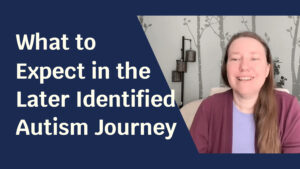
What to Expect in the Later Identified Autism Journey
The 5 stages people predictably go through after figuring out as an adult that you’re autistic.
Tuesday, December 3rd, 2024
12 PM PT – 3 PM ET – 8 PM BST
Can’t make the time?
The recording and transcript will be emailed to everyone who registers.
At various points in your later identification autism Journey, you’ll want or need to tell someone that you’re Autistic (or think you might be). But how?
There are so many possible reactions, and you’ve heard of (or experienced) negative ones, and want to avoid those. But how?
In this workshop, I’ll offer a few key tips for approaching this so it is more likely to go well, along with some things to consider and several sample scripts to get you started with what to say.
We’ll cover family/personal as well as work situations.
This workshop is geared toward people who have figured out (or suspect) they are Autistic or AuDHD in their adult years, and is inclusive. The presenter is likewise AuDHD.
Nope. I hate that.
What I’ll be sharing with you here is a BS-free perspective from my own lived experience and strategies that I share with my clients, but I’m not going to be pitching my services. I’ll be sharing strategies that you can use on your own with just what is presented here.
You can see that in action in my previous free workshops.
What you will get: after registering, you’ll receive a few intro emails from me with links to my other free resources, and then get my newsletter every other Tuesday, on building an autism-friendly life. If you don’t want that, you can unsubscribe anytime.
Afterwards, I’ll be making the slides available for a small fee. (The entire recording and transcript will remain free.)
*The presenter is trauma informed and trauma sensitive, but you are the best judge of what you can handle at the moment. Please take care of yourself.
No worries. The recording and full transcript will be emailed to everyone who registers.
For a screen reader-accessible registration page, click here.

The 5 stages people predictably go through after figuring out as an adult that you’re autistic.
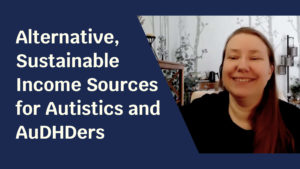
How to generate ideas for work that you actually like, tips for making it work with your AuDHD brain, and be sustainable. Plus practical tips especially for self-employment.
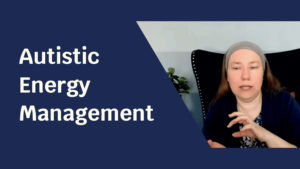
How do you make positive changes in your life when you have no energy left? In this workshop recording, I share my philosophy of the situation and lots of practical tips.

If you want to unmask, how do you do that safely? And how can you tell when it’s safe to unmask, and to what extent? Here are some principles to tweak things in your favor.
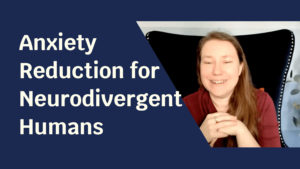
Here’s one of the most helpful reframes I’ve ever come across when dealing with my own anxiety, or helping my clients through theirs.
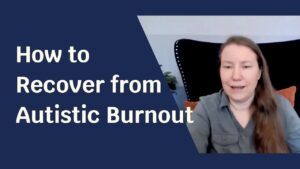
Here’s an overview of how to get out of Autistic burnout permanently, so you can get your life back — an autism-friendly life you are excited to live.
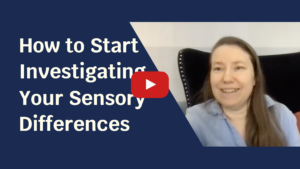
Do you want to get better at figuring out your sensory differences, to understand your own body better? Here’s a few ideas on how to get started.
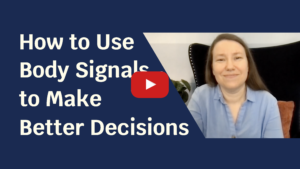
If decision making is hard for you, here’s a technique to use body sensations as another source of information for decision making.
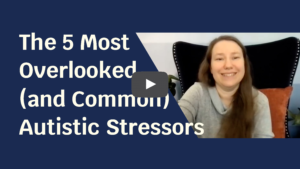
Here are five things that are so common in our modern lifestyle, that we often don’t have a chance to experience life without them, so we don’t see how much they affect us.
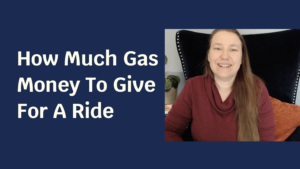
How much gas money you’re supposed to give for a ride is tricky. There’s lots of factors and different views. Here’s some thoughts to help you figure it out.

Now that you’ve figured out you’re in autistic burnout, what do you do about it? Here’s my five part philosophy on how to recover sustainably.

To be able to work through a problem you’re facing, you need to start questioning what the issue is in a new way.
We don’t spam or sell. Promise. Unsubscribe at any time.
Read our privacy policy here.
The information on this site is not intended or implied to be a substitute for psychotherapy, medical advice, diagnosis, or treatment.
© 2020-2024 Autism Chrysalis LLC.